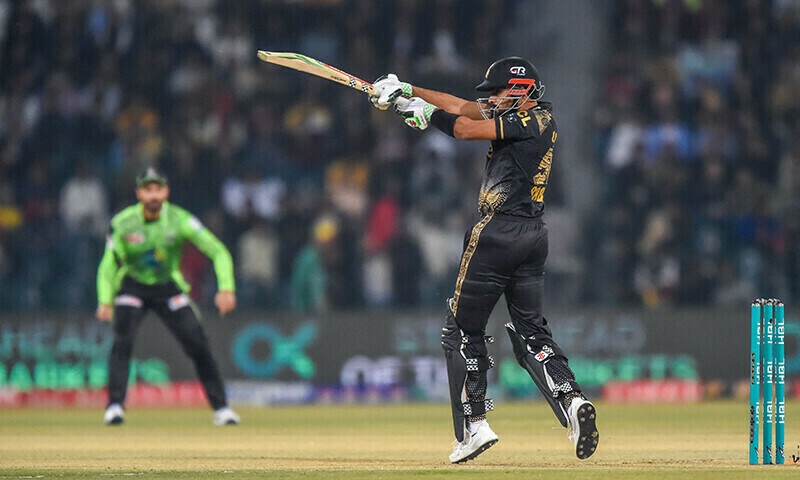Impact of Climate Change on PSL 2025 Matches
• A study indicates that half of the matches in the Pakistan Super League (PSL) 2025 were played under conditions classified as ‘Caution’ or ‘Extreme Caution’ according to the heat index.
• Although the ICC is not part of the UN Sports for Climate Framework, Cricket Australia and the ECB are implementing heat policies and sustainability strategies.
KARACHI: Challenges Posed by Climate Change to PSL
The Pakistan Super League has successfully navigated numerous challenges, becoming the most profitable cricket league in Pakistan. However, it cannot avoid the repercussions of climate change.
Future Editions at Risk
Experts have alerted stakeholders that increasing global temperatures could adversely affect upcoming PSL editions if they are scheduled similarly to the last one. A report titled “Hit for Six: The Danger Zone,” compiled by the British Association for Sustainability in Sport (BASIS) and other entities, revealed that 17 out of 34 matches last season were played under conditions that posed risks of heat-related fatigue.
Change in Scheduling
The first nine seasons of PSL were held between February and March. However, due to Pakistan hosting the Champions Trophy this year, the tournament was rescheduled to the hotter months of April and May, clashing with the Indian Premier League (IPL). The IPL-related tensions in May led to delays in the PSL, pushing it further into summer.
Heat Index Concerns
The findings indicate that half of the 34 matches of PSL 2025 occurred under conditions rated as ‘Caution’ or ‘Extreme Caution’ on the Heat Index, which assesses risks from temperature and humidity. Players experienced ‘Caution’ conditions for 15 days and ‘Extreme Caution’ for 2 days, with playoff matches occurring under these parameters, raising concerns over heat fatigue, sunstroke, and heat exhaustion.
March Scheduling Infeasibility
Despite the challenges, the report stresses that reverting to March scheduling is not feasible due to climate changes. It underlines that while PSL matches avoided the ‘Danger’ classification, rising global temperatures make extreme heat events increasingly probable, necessitating adjustments for player safety.
Global Context and Recommendations
Dr. Kristina Dahl, vice-president of Climate Central and a participant in the study, emphasized the need for the sport to adapt, including potential changes in match timings or locations to cooler indoor venues. She noted that the ongoing proliferation of T20 leagues necessitates a balance between financial viability and environmental responsibility. Recommendations include establishing heat and air quality thresholds for postponing matches, helping the sport manage future warming challenges.



